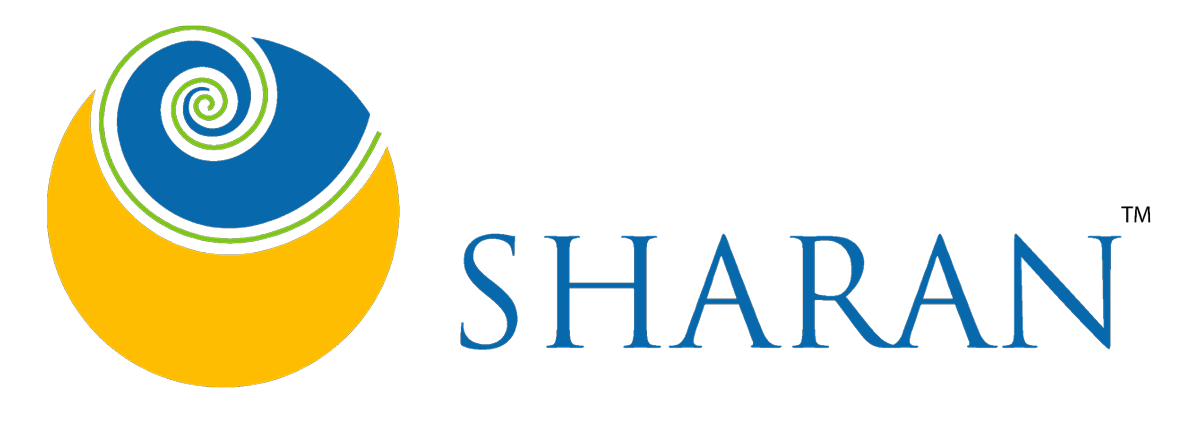-
SHARAN/Dairy Milk/Why is dairy harmful?
Why is dairy harmful?
Dairy Milk
There are several good reasons to avoid milk and all dairy products. Every glass of milk is a cocktail composed of 1 or more of the following – pus, antibiotics, pesticides, urea, and hormones!
- Hormones – all milk contains hormones implicated in several diseases of hormonal imbalance like hypothyroidism, PCOD, infertility, diabetes, prostate enlargement, breast prostate and ovarian cancers
- Pus – udders that are milked by milk machines and human hands are injured, inflamed, and indurated, leading to pus formation in the milk.
- Antibiotics – are added regularly to the feed of cows and buffaloes in order to control this infection and end up in the milk, leading to antibiotic resistance in humans when they consume it. 80% of the antibiotics produced in the world are fed to animals in our food chain. Dairy farmers try to control mastitis with huge doses of antibiotics, which also end up in the milk. Children are particularly vulnerable; these antibiotics inhibit the development of the immune system, and cause antibiotic resistance. Despite the antibiotics, every glass of milk contains an estimated 1 – 7 drops of pus!
- Urea – in India where milk is transported without refrigerated vans, urea (a fertiliser) is added to prevent coagulation. Urea causes kidney failure.
- Pesticides – pesticides used on the feeds for the animals are concentrated in their milk and meat. The cow eats 12 kilos of grain to produce 1 litre of milk. Therefore, milk has a high concentration of pesticides. The ICMR (Indian Council of Medical Research) researched milk for 7 years taking 50,000 samples from across India. They found large amounts of DDT and HCH (an antibiotic that is routinely given to the cows in their feed). Under the Food Adulteration Act, only 0.01 mg/kg of HCH is allowed. They found 5.7 mg/kg on an average in milk (as high as 570 times the permissible levels)! They also found arsenic, cadmium and lead. These cause kidney damage, heart disease, brain damage and cancer.
- PCBs and other pollutants – in India cows are left to forage for their own food and find their way to garbage dumps where the vegetable wastes are ingested in plastic bags along with other discards. This can include lead batteries and other toxic substances that translate as poisons in the milk. A recent survey found cows with plastic in their rumens, and a documentary has been made on this called ‘Plastic Cow’.
- Adulteration – it is well known that 65% of the milk in India is adulterated. Milk is synthetically made with the help of paints, oils, and shampoo, and can hardly be distinguished from real dairy.
- Tuberculosis – close confinement of cows in dark sheds by the dairy industry leads to infection and cross infection. The tuberculosis bacilli are not always destroyed by pasteurisation. Milk has been a leading cause of the resurgence of tuberculosis.
- Milk is mucous forming and causes various illnesses – coughs, colds, upper respiratory tract infections, asthma, allergies, joint complaints, migraine headaches, hormonal problems, and autoimmune diseases.
- Milk is a food that every mammal produces only for her young and we are not calves. It’s not an ideal food for our species. Most people are lactose intolerant, and dairy can cause digestive disorders.
- Consuming animal milk necessarily means depriving a baby of his or her rightful food, amounting to cruelty.
